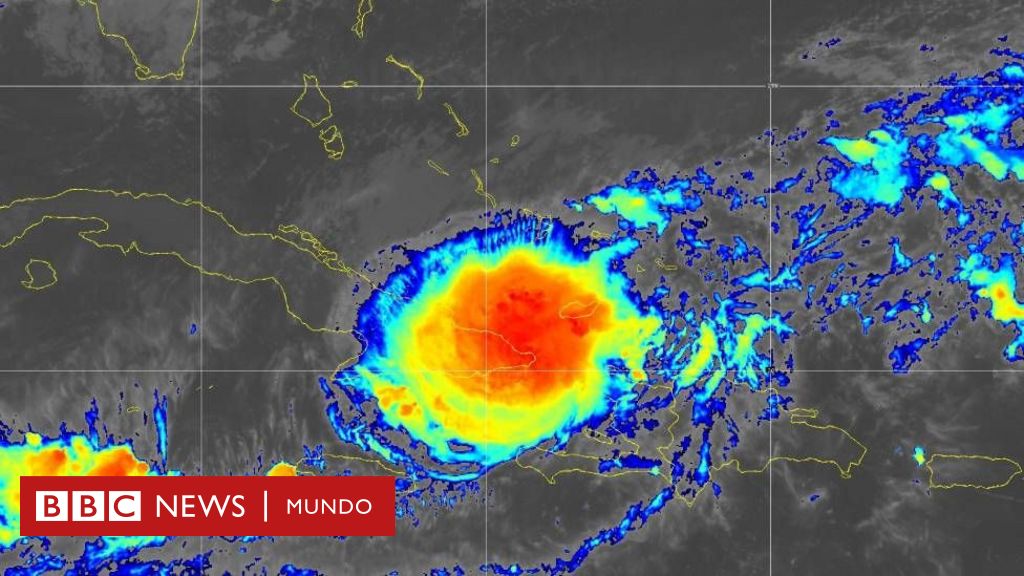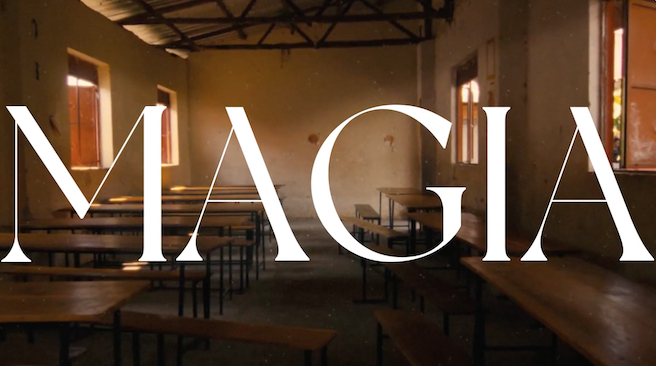Freedom to vote from prison

The pilot test to restore the right to vote for persons in pretrial detention, a practice drawn from a ruling by the Electoral Tribunal of the Federal Judicial Authority (TEPJF), concluded in five federal social rehabilitation centers and although it was considered, according to data-based, to 2,699 Only 949 voters appeared on the register, of whom 766 cast their votes, or 28.38%.
Lack of accreditation was the main obstacle, Valentina Loret, the coordinator of CEA Justicia Social, explained to EL UNIVERSAL, a situation she said should be addressed as soon as possible if the right to vote is guaranteed. More than 90,000 people are in pretrial detention during the 2024 presidential election.
“What we found is that in our country you can remain under preventive detention for many years, while the voter card is only valid for 10 years. There is a large number of people who have been [en la prisión] They are no longer included in the nominal list of the electoral calendar.
The restriction of the political rights of people deprived of their liberty is contained in the constitution, in its Article 38, and it is one of the few rules that has not been addressed, despite the endless amendments that have been made to the Charter. Since 1917.
In 2019, two people in pretrial detention demanded their right to vote on the pretext of presumption of innocence, which led to the TEPJF ruling, which stipulated that the right to vote cannot be suspended for those without a conviction.
In addition, the National Institute of Elections (INE) has been ordered to hold elections for the 2024 process in all prisons in the country.
To fine-tune the electoral protocol, so-called pilot testing has been conducted since May 17, in which civic organizations discovered that 65% of remand people did not appear on the nominal list of the National Institute of Elections (INE). .
There is no information
In addition, insufficient voter information was found: “What people got was limited to a paper containing proposals sent by political parties that voters could see on the day they voted. It’s data they receive once the envelope is opened to vote, so here we also have a problem with access. To information that significantly limits the possibility of an informed vote, “as specified.
The third obstacle is the lack of observers for citizens ’elections:“ We, as civil organizations, were unable to enter to witness the day of early voting. We will be able to see the counting and counting tables, which will be counted on June 6, but we were not able to be in this process, only the National Council for Human Rights can access. “
The Third General Office of the National Commission on Human Rights (CNDH) was responsible for verifying the development of the pilot test for voting at Federal Centers for Social Rehabilitation No. 11, in Sonora; On the twelfth of Guanajuato. 15, in Chiapas; 17, in Michoacan, as well as 16, a female, in Morelos.
According to the Self-Government Authority, during the development of the elections, “no incident occurred, as it was implemented with appropriate organization and institutional security, which led to the emergence of scenarios that allowed persons detained in pre-trial detention to cast their votes freely and in secret.”
New portal
Historic law may open the door not only to people in pretrial detention to vote, but to the more than 214,000 Mexicans who lost the right to vote while in prison to get it back.
For Saskia Nino de Rivera, President of the Rainserta Foundation, restoring the right to vote for people deprived of the freedom to commit any crime will generate political interests that will contribute to enhancing the well-being of all prisoners in prison.
In addition, he noted that in 2006 the presidency of Felipe Calderon was determined by a difference of 243 thousand votes.
I do not understand why a person deprived of his freedom loses his political rights. Its return would allow politicians to propose measures in favor of this sector, whose vote could weigh more than 200,000 votes, but not only, because we estimate that more than one and a half million people are in contact with prisons. “They are relatives in the country, and they will ensure that they vote for those who go to see their loved ones,” he concluded.

“Award-winning zombie scholar. Music practitioner. Food expert. Troublemaker.”


/cloudfront-eu-central-1.images.arcpublishing.com/prisa/AHVYMMDSTZDTDBFNZ3LMFUOKNE.jpg)








